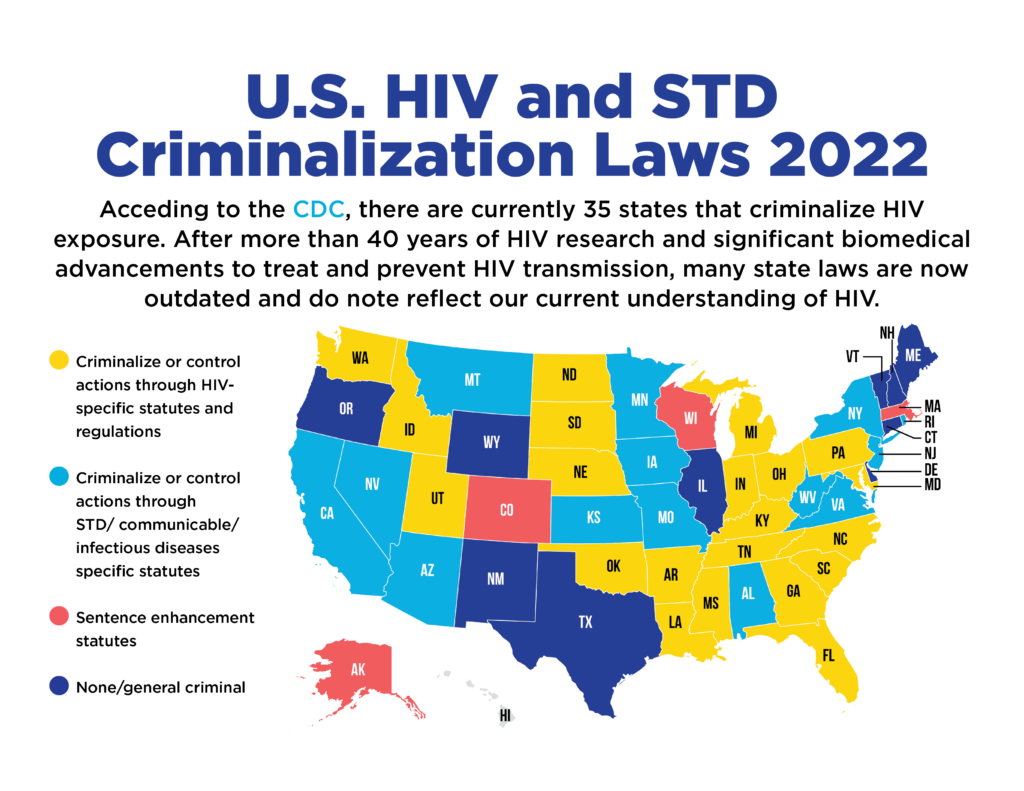Understanding the current impact of HIV stigma, and how society has progressed beyond it
by Ray Rico
These key findings track progress against HIV stigma, transmission, and prevention of HIV, as well as attitudes and knowledge of people living with HIV in the United States.

Understanding HIV Stigma
HIV stigma is defined as negative attitudes, beliefs, and discrimination towards people living with HIV. It not only influences the mental and emotional well-being of those affected but also hinders efforts to combat the HIV/AIDS epidemic on a global scale. Thankfully, positive representations of people living with HIV are slowly increasing on screen and social media, but current stereotypes still significantly affect marginalized communities today.
Prevalence of HIV Stigma
Globally, HIV stigma remains pervasive, with millions of people facing discrimination and prejudice due to their HIV status. For example, according to a recent GLAAD report, an estimated 81% of Americans agree with the criminalization of non-disclosure HIV status. This means that over 80% of those surveyed agree it should be a criminal act for someone living with HIV to have sex with someone who does not have HIV without disclosing their HIV status. This further stigmatizes and discriminates against people living with HIV. It is important to note that anyone HIV positive who is adhering to a medical plan can also be undetectable.

Impact of HIV Stigma on Health Outcomes
Studies show that individuals who experience HIV-related stigma are less likely to seek HIV testing, adhere to treatment regimens, and engage in HIV prevention strategies. This not only leads to poorer health outcomes for affected individuals but also contributes to the continued transmission of HIV within communities. According to HIV.gov, people aged 13-34 accounted for 57% of new diagnoses—this disparity can be attributed both to the lack of awareness in younger people along with the pervasive stigma at-large.

Social and Emotional Consequences
Beyond its effects on physical health, HIV stigma also takes a toll on individuals’ social and emotional well-being. Many people living with HIV report feelings shame, fear, and isolation as a result of stigma. Discrimination and prejudice can lead to social exclusion, loss of support networks, and even violence, exacerbating the challenges faced by those living with HIV.
Intersectionality and HIV Stigma
HIV stigma intersects with other forms of stigma and discrimination, further marginalizing affected individuals. For example, LGBTQ+ individuals, people of color, and those living in poverty are disproportionately affected by HIV stigma due to the compounded effects of multiple stigmatized identities. This intersectionality highlights the need for a multifaceted approach to addressing HIV stigma and promoting social justice and equity.
Combating HIV Stigma: Progress and Challenges
Despite ongoing efforts to combat HIV stigma, challenges remain in achieving meaningful progress. Misinformation, fear, and deeply ingrained societal attitudes towards HIV/AIDS continue to perpetuate stigma and discrimination. However, hope is on the horizon as advocacy efforts, education campaigns, and policy initiatives work to dismantle stigma and promote greater understanding and acceptance.

Community Empowerment and Resilience
Grassroots organizations, community-led initiatives, and peer support networks are crucial in challenging stigma, providing essential services, and fostering a sense of belonging and empowerment among affected individuals. By amplifying the voices of those affected by HIV stigma and supporting community-driven solutions, we can create a more inclusive and stigma-free future for all. Local efforts like EndHIV901 are at the heart of providing resources and support for the community. Our podcast re:Focus presents PrEPPED: Sex, Stigma, Science and the South also explores stories of empowerment among local HIV/AIDS awareness advocates.
Moving Towards a Stigma-Free Future
As we reflect on the state of HIV stigma, it’s clear that there is much work to be done. By acknowledging the impact of stigma, advocating for the rights and dignity of all individuals, and promoting education and awareness, we can move closer to a world where HIV stigma no longer exists.
To get the comprehensive report on the State of Stigma 2023, check out the GLAAD.


